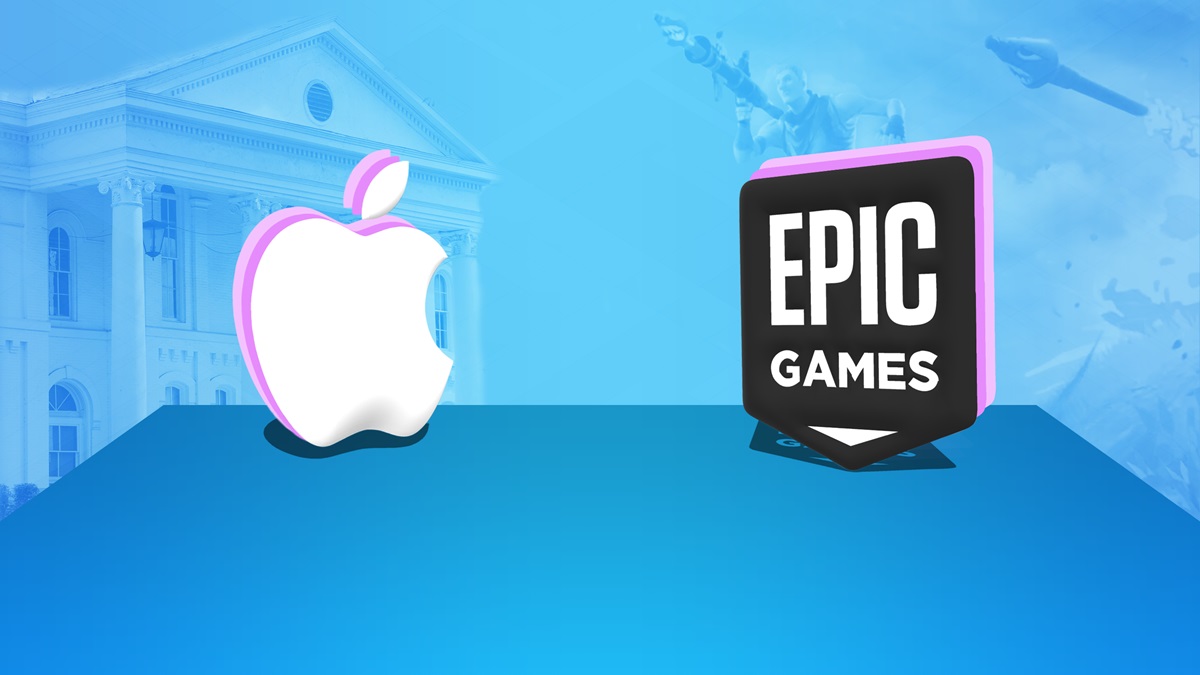Apple’s termination of Epic Games’ developer account marks a significant escalation in the ongoing legal and public relations battle between the two companies. This conflict began in August 2020 when Epic Games introduced a direct payment option in its popular game Fortnite, circumventing Apple’s App Store payment system and the 30% commission Apple charges on in-app purchases. Apple responded by removing Fortnite from the App Store, prompting Epic Games to file a lawsuit accusing Apple of monopolistic practices.
Apple has confirmed the decision in a statement, expressing disappointment over the necessity to terminate the Epic Games account on the App Store. Apple has collaborated with Epic Games for many years on various launches and releases. However, following the court’s recommendation for Epic to comply with the App Store guidelines during the ongoing case, which they had adhered to for the past decade until this recent situation, Epic has chosen not to comply.
Instead, they have consistently submitted Fortnite updates intended to breach the App Store guidelines. Apple believes this behavior is unfair to other developers on the platform and puts customers in the midst of their dispute. While Apple hopes for future collaboration with Epic, it is not feasible at present.
Apple also said that Epic has been creating support issues by directing frustrated users toward AppleCare.
The termination of Epic Games’ account means that Epic can no longer submit new apps or updates for its existing apps on the App Store. While users who have already downloaded Fortnite or other Epic games can continue to use them, they will not receive any updates, including new content or bug fixes. This move by Apple was justified on the grounds that Epic Games repeatedly submitted updates designed to violate the App Store guidelines, which was seen as unfair to other developers and as putting customers in the middle of their dispute.
Epic Games has been vocal in its criticism of Apple’s App Store policies, arguing that they monopolize the mobile app space and harm both developers and consumers by enforcing high commission fees and restricting payment options. This dispute has led to a series of legal challenges, with Epic Games seeking to have the Supreme Court review its case against Apple. The legal battles have focused on whether Apple’s practices violate antitrust laws and whether its control over the App Store constitutes monopolistic behavior.
In a recent development, Apple terminated another developer account of Epic Games, Epic Games Sweden AB, which Epic intended to use to launch a third-party app store on iOS in the EU. This move was in response to the Digital Markets Act (DMA), which aims to promote competition and regulate the practices of large online platforms within the EU. Apple’s decision to terminate this account has been criticized by Epic Games as a violation of the DMA and as evidence of Apple’s unwillingness to allow competition on its platform.
Throughout this conflict, both companies have presented their actions as being in the best interest of consumers and developers. Apple argues that its App Store policies are designed to ensure a safe and trusted environment for users, while Epic Games contends that Apple’s practices stifle competition and innovation. The outcome of this dispute could have significant implications for the tech industry, potentially affecting how app stores operate and how developers distribute their apps.
In summary, the termination of Epic Games’ developer account by Apple is a key event in a broader conflict over the control and monetization of app distribution on iOS. This ongoing legal battle raises important questions about competition, innovation, and the future of digital marketplaces.

